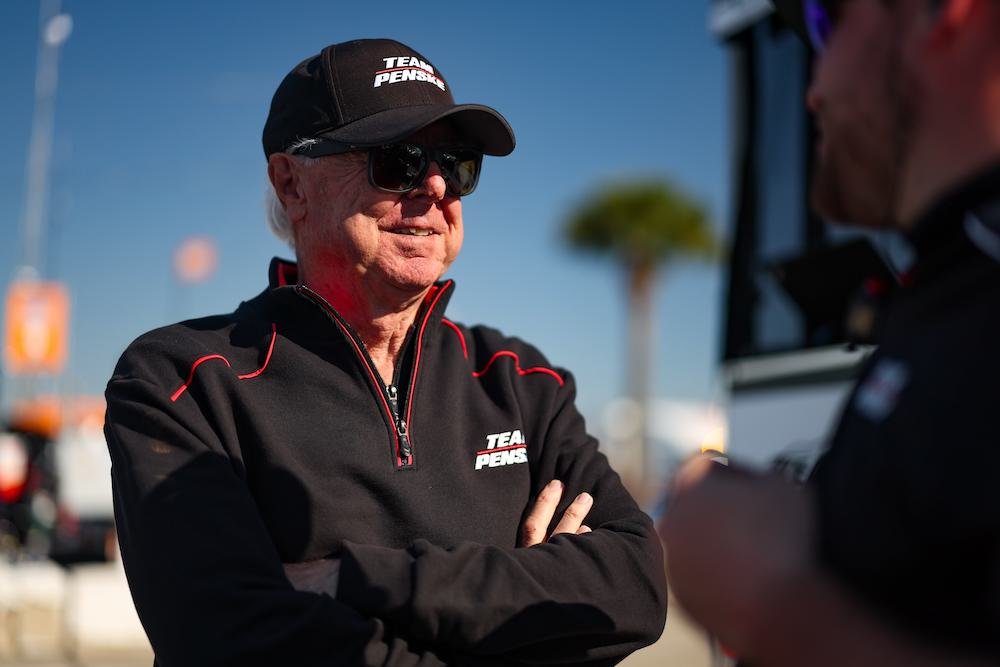Insights from a Racing Legend: Career Decisions and Reflections of Rick Mears
In the world of motorsport, few names resonate as profoundly as Rick Mears, a four-time Indianapolis 500 champion. Reflecting on his storied career, Mears shared critical decisions and pivotal moments that defined his trajectory in racing.
Career Decisions: Key Moves and Opportunities
Mears credits two significant decisions that shaped his career. The first was his mother’s choice to transition him from motorcycles to cars. Following initial successes in motocross and desert racing, Mears received an enticing offer from a local BSA/Triumph dealership to race a three-cylinder 750cc BSA Rocket, foreshadowing his eventual move to car racing.
The second pivotal moment came when Roger Penske extended an offer for Mears to join Team Penske. Despite limited experience, with only eleven races under his belt, Mears saw the potential of a part-time ride alongside racing icon Mario Andretti as an unparalleled opportunity. “It was a no-brainer,” he stated.
Mears emphasized the importance of seizing every available opportunity, which later propelled him into competitive series like Formula Vee, Super Vee, and Formula 5000. "You learn from everything," he noted, reflecting on his early days.
Defining Races: Triumphs and Disappointments
When asked about his greatest race, Mears pointed to his 1991 victory at the Indianapolis 500. This triumph exemplified strategic teamwork and car preparation, showcasing his meticulous game plan and execution. Conversely, he listed his disappointing finish in the 1982 Indy 500—losing to Gordy Johncock by 0.16 seconds—as a heart-wrenching moment, despite a commendable performance.
He described his emotional return at the 1985 Indy 500 after recovering from a severe crash at Sanair. Although he qualified 10th after a cautious approach, Mears was encouraged by his car’s performance, ultimately running the fastest lap of the race before finishing below expectations.
Reflecting on Wins and Teammates
Among his significant achievements, Mears highlighted his 1985 Pocono victory—the first win post-injury—as a crucial marker of his resilience. He also reminisced about the substantial impact of his teammates, including Bobby and Al Unser, Danny Sullivan, and Emerson Fittipaldi. He appreciated the diverse skills each brought to the team: "I learned from them all, but they were good in different ways."
On the topic of the best car he raced, Mears singled out the 1982 PC10, a ground-effect chassis that brought forth exceptional performance, along with the introduction of Nigel Bennett’s design in 1988 with the PC17, heralding a new era of competitiveness for Team Penske.
Advice for Aspiring Racers
Mears advocates for patience among budding drivers. "Don’t rush through formulas," he advises, underscoring the value of gaining experience in lower categories before climbing higher. He encourages drivers to accept a variety of racing opportunities to build a well-rounded skill set early in their careers.
In the world of motorsports, Rick Mears’s journey serves as an exemplary guide, showcasing the importance of strategic decisions, resilience in the face of setbacks, and the profound impact of teamwork and mentorship.


